After a day filled with protests, chaos, and violence, Kenyan President William Ruto delivered a message to the nation filled with both sorrow and resolve.
Describing the protests against his policies as “legitimate” but being “hijacked by a group of organized criminals,” he issued a warning that his government would utilize all available means to prevent a recurrence of such violence, no matter the cost.
“This day’s events represent a crucial moment in how we address threats to our peace,” he stated. “We will take measures to ensure that such a situation does not happen again.” The president’s address aimed to regain control following days of escalating street protests that culminated on Tuesday with at least five fatalities and hundreds injured.
Related:Five dead, 31 Injured In Kenyan Police Protest Shooting
Looking ahead, some close to Ruto may harbor concerns that the situation is not as straightforward as it seems, with tough decisions looming on the horizon. Despite being elected in 2022 with promises to combat corruption, stabilize the country’s struggling economy, and assist the less fortunate, The Kenyan President now finds himself facing an unprecedented backlash against a bill he views as crucial to his nation-building agenda.
Navigating this challenge might be more straightforward if the opposition. Ruto is encountering were limited to the confines of parliament.
An astute political player, deputy president for almost a decade before being elected to the top spot, Ruto has years of experience wrangling politics to get things done.
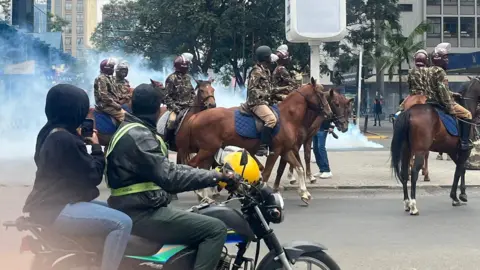
Now though, the forces massed against him are something truly beyond his control.
A movement which grew organically out of discontent expressed on social media has grown into a powerful rebellion which has filled the streets of towns across the country.
In the capital, the Nairobi governor’s office, city hall and the country’s parliament were this afternoon all set ablaze.
The protestors had started the day threatening a “total shutdown”.And at the end of a day of chaos and panic across the country, often set against the sound of teargas and at times live fire from police, there is no doubt their fury has been heard.
In response, William Ruto has chosen not to yield to the demands of the demonstrators by abandoning his budget – but has pushed back against them in an effort to calm the country.
Some in his government might wonder whether that position can hold, and where it leaves his controversial finance bill in the longer term.
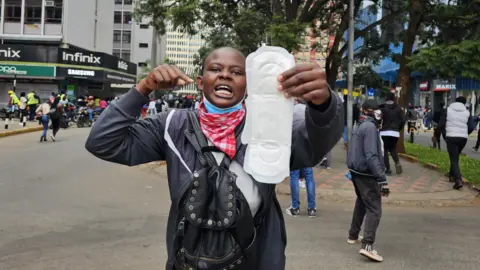
President Ruto has argued the raft of new taxes are essential to control Kenya’s debt – a huge sum of more than $80bn (£63bn), which costs the country more than half of its annual tax revenues to service.
Kenya secured a restructuring of its international debt commitments earlier this year – something which immediately pushed a surge in the value of its currency.
Increasingly seen as one of Africa’s leading statesmen, recently returned from a state visit to the White House, Mr Ruto understands the importance to his nation’s economy of avoiding a default on its debt payments.
For those in his government the calculation was that controlling the state finances by increasing the tax burden was preferable to cutting public services.
The bill, due to become law next Monday, originally brought in dozens of new or increased taxes on everything from car ownership and financial transactions to sanitary pads.
Several of the most contentious taxes have already been dropped following consultation with the public.
But the controversy over the budget follows other revenue-raising measures introduced by Mr Ruto, including increased taxes for healthcare and low-cost housing.
And for those on the street, there’s a third solution available to the government beyond cutting services or raising taxes.
Additional Source: BBC

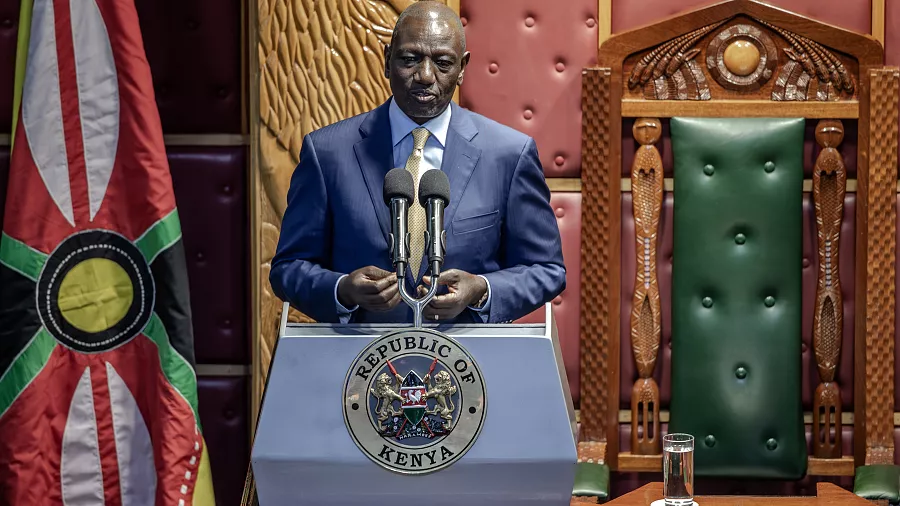

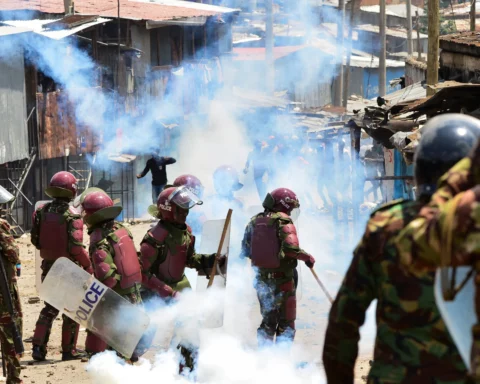
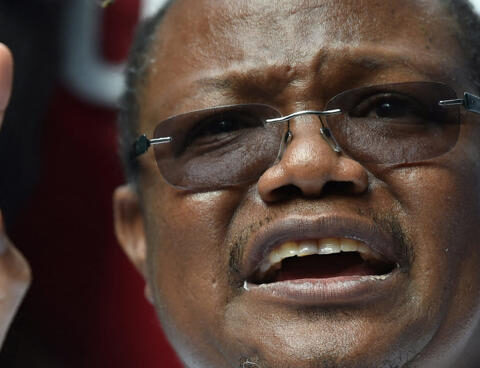
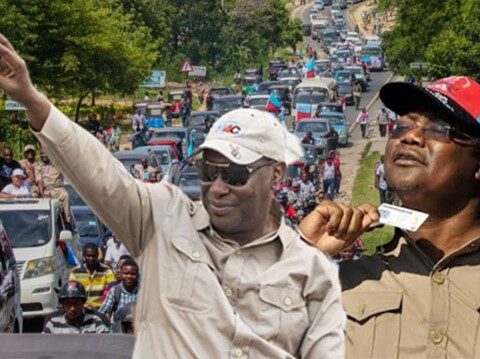


It’s really a nice and useful piece of info. I’m glad that you shared this useful information with us. Please keep us informed like this. Thank you for sharing.